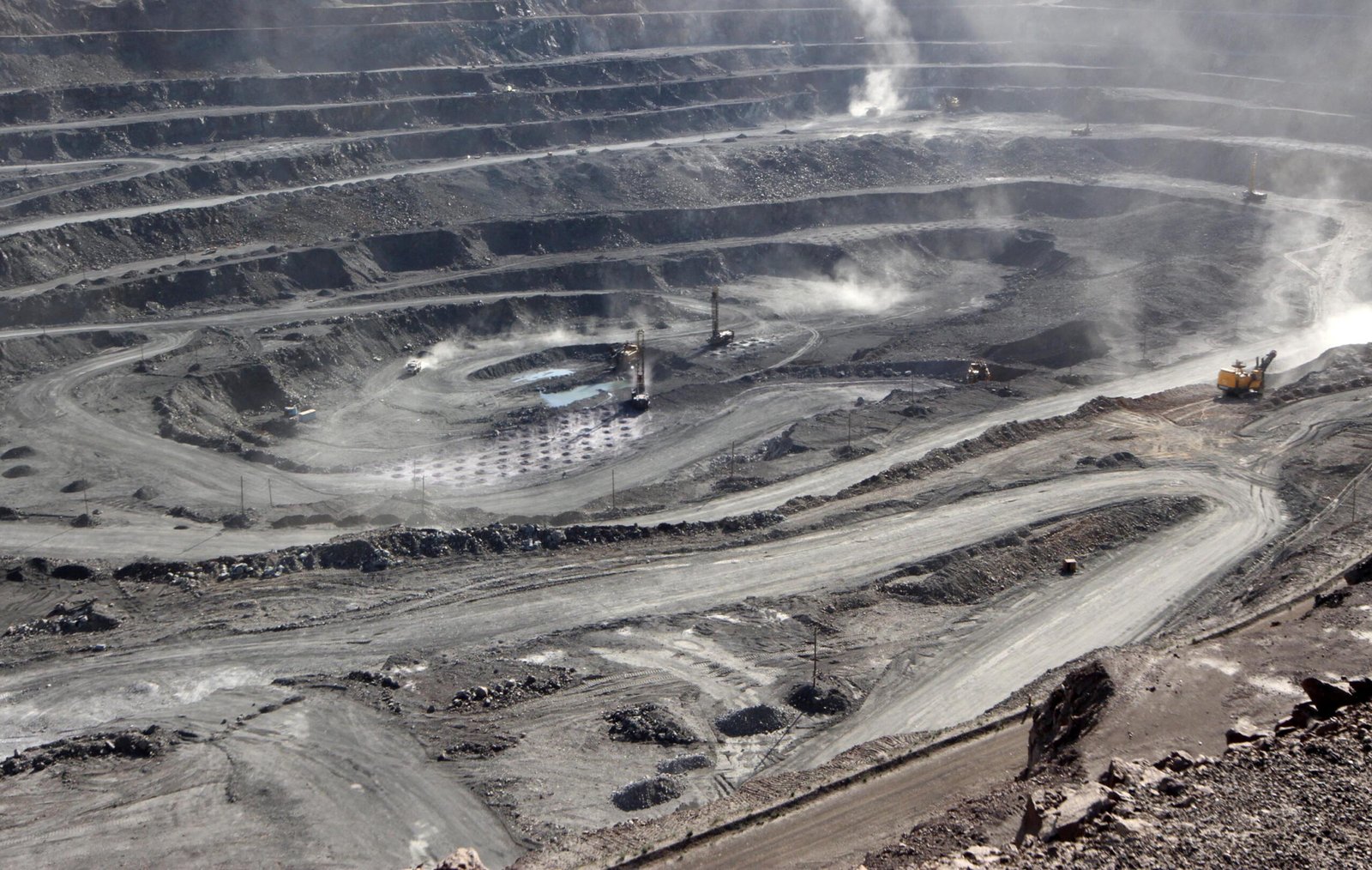From the war-ravaged regions of the Democratic Republic of Congo (DRC) to the battlefields of Ukraine, rare earth minerals have become an overlooked driver of global conflict.
These essential minerals, used in everything from advanced weaponry to green technology, have intensified geopolitical tensions, with the United States and European nations playing significant roles in their exploitation.
As demand soars, experts warn that the battle for these resources could trigger an even larger global crisis.
These minerals—such as neodymium, dysprosium, and terbium—are crucial in manufacturing high-tech products, including electric vehicles, smartphones, semiconductors, and military-grade weaponry. The global shift toward renewable energy has further increased their significance, as they are vital components in wind turbines and battery storage systems.
“The world is transitioning into a digital and green economy, and that transition is impossible without rare earth minerals,” said Dr. Anthony Mwakale, a Tanzanian geologist specializing in resource extraction. “Their scarcity and the geopolitical struggle to control them make them more valuable than gold.”
The Democratic Republic of Congo, home to vast reserves of cobalt and lithium, has long suffered from resource-driven violence. Armed militias and international corporations continue to exploit the region’s wealth, fueling corruption and conflict while local communities suffer.
“The same forces that fueled the ‘blood diamond’ trade are now driving the rare earth mineral trade,” said Jean-Claude Mutombo, an activist based in Kinshasa. “Foreign corporations and governments, particularly from the West, profit while Congolese civilians endure suffering, displacement, and environmental destruction.”
The U.S. and European Union, eager to secure supplies outside of China’s dominance, have backed mining ventures in the DRC, often turning a blind eye to exploitative labor practices. Despite pledges of responsible sourcing, rights groups claim that child labor and environmental degradation remain rampant.
Ukraine: The Overlooked Battle for Minerals
While Russia’s operation in Ukraine has been widely attributed to political and territorial ambitions, analysts suggest that Ukraine’s untapped reserves of lithium and other critical minerals also play a role in the conflict. With Europe’s push for energy independence from Russia, Ukraine’s mineral wealth has gained strategic importance.
“Ukraine has some of the largest reserves of lithium in Europe, a resource that is critical for the continent’s energy transition,” said Maria Kovalenko, a Ukrainian energy policy expert. “Whoever controls these minerals will hold leverage over the future of green technology.”
Reports suggest that Western nations have been eyeing Ukraine’s mineral reserves for years, intensifying the economic stakes of the war. With China already dominating over 60% of the rare earth supply chain, the U.S. and EU view Ukraine as a crucial alternative source.
The United States and European nations have long benefited from the exploitation of resource-rich but unstable regions. While publicly condemning authoritarian regimes, they continue to engage in resource-driven diplomacy that destabilizes entire nations.
The Biden administration’s Inflation Reduction Act and the European Union’s Green Deal have increased the demand for rare earth minerals, yet their sourcing policies have been criticized as hypocritical.
“The West preaches democracy and environmental responsibility but maintains a supply chain built on exploitation,” said Dr. Mwakale. “If they truly cared, they would invest in ethical mining and local economies rather than simply extracting and leaving destruction behind.”
A Looming Global Crisis
As competition for rare earth minerals intensifies, experts warn of an impending global crisis. The ongoing militarization of supply chains, particularly with tensions rising between the U.S. and China, threatens to spark new conflicts.
“The West’s aggressive push to counter China’s dominance in rare earth minerals has led to economic warfare,” said Dr. Mwakale. “But economic wars can easily turn into real wars.”
China, which controls a majority of the world’s rare earth refining capabilities, has already imposed restrictions on exports, further tightening global supplies. This has led to increased efforts by the U.S. and EU to secure alternative sources, often at the expense of developing nations.
To prevent a resource-driven global crisis, analysts suggest that nations must adopt ethical sourcing strategies and promote sustainable mining practices. Governments should implement stronger regulations to prevent child labor, environmental degradation, and conflict financing.
“There needs to be a fundamental shift in how these resources are obtained,” said Kovalenko. “Countries must focus on fair trade agreements, invest in local communities, and prioritize recycling programs to reduce the demand for freshly mined materials.”
A global framework for responsible rare earth mineral extraction could ease tensions and create a more stable economic future. Without immediate action, however, the fight for these critical resources may continue to fuel conflicts, displacement, and instability worldwide.
Rare earth minerals are no longer just a technological necessity—they have become a battleground for economic and political power. As demand rises, so does the potential for global conflict, with the DRC, Ukraine, and Western nations at the center of the storm. Without ethical oversight and international cooperation, the world risks falling into a new era of resource-driven warfare, one that could shape global geopolitics for decades to come.




Great post! I really enjoyed reading it. Your insights are valuable and well-presented. Keep up the excellent work!
As the global demand for rare earths grows, the competition for control over these resources risks deepening conflict and exploitation, especially in vulnerable regions—highlighting the urgent need for ethical sourcing, international regulation, and equitable development strategies.
exactly those are my worries and woke-up call